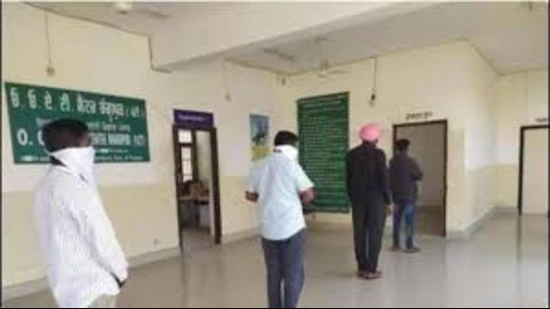CHANDIGARH, June 30 — Facing a critical shortage of psychiatrists across its Outpatient Opioid Assisted Treatment (OOAT) clinics, the Punjab Health Department has decided to train Medical Officers (MOs) to assume key responsibilities traditionally handled by specialists, including managing opioid dosages and approving patient enrollments.
The decision comes in the wake of growing complaints from patients about the lack of psychiatric care at OOAT centres—many of which have been struggling to function effectively due to understaffing.
“A special module to train medical officers – who are in charge of OOAT clinics – has already been prepared. The psychiatrists who trained at AIIMS’ National Drug Dependence Treatment Centre (NDDTC) will lead these sessions,” confirmed a senior official involved in the initiative.
Currently, only 45 psychiatrists are available for 542 OOAT centres across the state, leaving several districts without even a single specialist. In most cases, one psychiatrist is expected to oversee multiple clinics, which includes authorising new patient registrations, adjusting home and clinic-based dosages, and ensuring effective rehabilitation and counselling services.
Officials say the training programme will allow MOs to fill the critical gaps in patient care. Once trained, they will be authorised to approve changes in home-away dosages, reducing the need for patients to travel long distances for routine medical adjustments.
“This move will help reduce the burden on high-footfall OOAT clinics. After training, MOs will be able to manage basic psychiatric tasks, especially dosage regulation, which is currently delayed due to shortage,” the official added.
The training is being framed as a practical solution to the psychiatrist shortfall that has severely hampered the opioid de-addiction programme in Punjab—a state grappling with one of the highest rates of substance use disorders in the country.
Officials hope the decentralisation of responsibilities will not only streamline the workflow at OOAT clinics but also make addiction treatment more accessible and responsive to patient needs.

